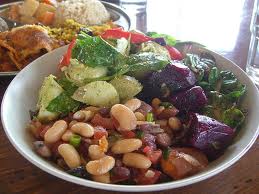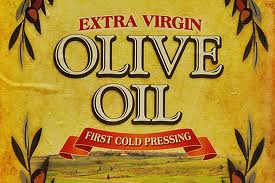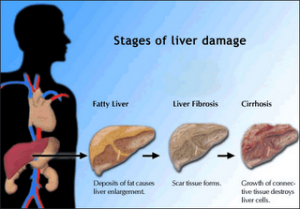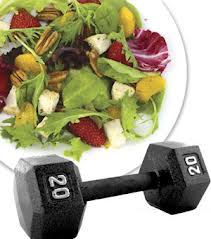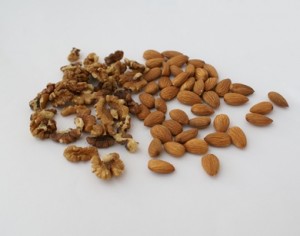Introduction
It is important to realize that several studies showed that coffee, tea, vitamin C and E prevent stroke and dementia. Elizabeth E. Devore, ScD, now with Brigham and Women’s and Harvard Medical School, did a long-term study involving 5,395 people aged 55 and older who were part of the long-term Rotterdam Study of medical conditions and other factors in older adults. Notably, over the 14-year observation period 601 patients developed strokes and 599 patients developed dementia. Surely, detailed dietary questionnaires were available from the study that helped the author to detect what the protective factors were in those who did not develop strokes or dementia. Researchers excluded other factors (including tea and coffee consumption) and they studied only antioxidant factors. They noticed that there were no differences in terms of stroke or dementia rates when they compared the lowest and highest percentiles of antioxidant groups.
Tea and coffee consumption protective of strokes and dementia
But when the lowest and highest percentiles of tea and coffee consumers were analyzed and compared, about 90% of strokes and of dementia disappeared meaning that tea and coffee consumption is protective for both. Dr. Devore explained that other studies have shown that vitamin C helps prevent strokes and vitamin E helps to prevent dementia and that both vegetables and fruit as well as tea and coffee have been shown in other studies to help reduce both.
Here is another article that investigated the role that vitamin E plays in reducing brain aging and preventing dementia and Alzheimer’s.
In a meta analysis vitamin C was shown to help prevent hemorrhagic and embolic strokes.
More studies show health benefits of vitamin C, E, vitamin D3, coffee and tea
Vitamin C and E are not the only beneficial vitamins for the brain. Vitamin D3 can help prevent thromboembolic strokes as the Honolulu study going on for 34 years showed.
What about coffee and tea? There is a 10-year study involving 32,600 women where 1 or two cups of coffee per day led to a 25-32% reduction of strokes compared to non-coffee or tea consuming controls.
Black tea and coffee reduced stroke risk
Males also experience a reduction of thromboembolic strokes with tea or coffee consumption. There has been a Finnish study that consisted of 29,133 smokers (smoking 5 cigarettes a day) aged 50 to 69 who were stroke free when entering the study. It ended in 1993 and had lasted for at least 5 years. Drinking two cups of black tea or 8 cups of coffee reduced the stroke risk by 21 to 23%.
Fruit and vegetables contain a lot of vitamin B complex. As this link shows vitamin B can lower cysteine, a blood component that contributes to heart attacks and strokes.
So, what should you do to prevent strokes and dementia?
Stop smoking, if you do. Avoid alcohol and drugs as much as you can. Your brain cells have very sensitive mitochondria that give you energy, but they are very sensitive to toxins. Avoid brain injuries like concussions as they can accumulate and lead to dementia. Whatever you can do for your heart is good for stroke prevention. This includes weight loss (down to a body mass index of 22.0), exercise, and sensible food intake. Sensible food intake includes complex carbs, cut out sugar, have lean meat, more chicken, turkey, lean pork and only occasional beef. Take multiple vitamins including B, C, D3, E and drink tea or coffee. Some health-oriented people may not want to hear this latter point (tea, coffee), but the studies show it is brain and heart protective.
Further information
More information on dementia: http://nethealthbook.com/neurology-neurological-disease/alzheimers-dementia-and-delirium/dementia/
Links regarding the Elizabeth E. Devore, ScD study:
Here is a link to the National Stroke Association about stroke prevention: http://www.stroke.org/site/PageServer?pagename=prevent


